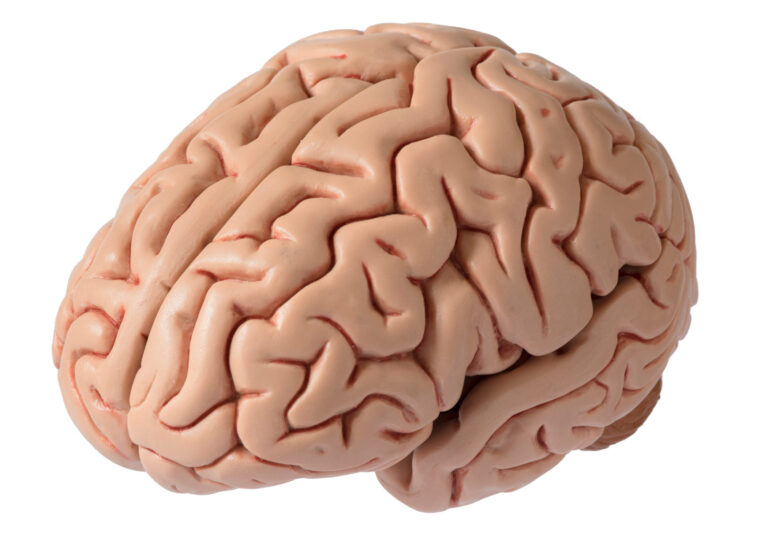Alzheimer’s disease is a progressive and degenerative brain disorder that affects millions of people worldwide. It is the most common form of dementia, accounting for more than 60% of all cases. This disease was first identified by German psychiatrist and neuropathologist, Alois Alzheimer, in 1906. He noticed changes in the brain tissue of a patient who experienced memory loss, confusion, and behavioral changes.
Alzheimer’s disease mainly affects older adults, typically over the age of 65, but it can also develop in younger individuals. In fact, early-onset Alzheimer’s can occur as early as 30 years old. This disease is caused by the buildup of abnormal proteins in the brain, which leads to the death of brain cells and the shrinking of brain tissue.
Symptoms of Alzheimer’s Disease
The symptoms of Alzheimer’s disease vary from person to person, but there are some common signs to look out for. The most common and recognizable symptom is memory loss. This can start with forgetting recent events or conversations and progress to forgetting important dates, names, and places. People with Alzheimer’s may also struggle with problem-solving skills, decision-making, and completing familiar tasks. They may also have difficulty with language and communication, becoming lost in simple conversations or repeating themselves frequently.
As the disease progresses, individuals may experience changes in mood and behavior. They may become irritable, agitated, or withdrawn. They may also exhibit changes in personality and have difficulty controlling their emotions. In later stages, physical symptoms such as difficulty walking, swallowing, and bladder and bowel control may also appear.
Risk Factors
While the exact cause of Alzheimer’s disease is still unknown, researchers have identified several risk factors that can increase a person’s chances of developing the disease. Age is the most significant risk factor, as the majority of cases occur in individuals over 65 years old. Family history is also a significant factor, as genetics play a role in the development of the disease. Those with a parent or sibling with Alzheimer’s are more likely to develop it themselves.
Other risk factors include cardiovascular disease, high blood pressure, and high cholesterol. Lifestyle factors such as smoking, excessive alcohol consumption, and a sedentary lifestyle can also increase the risk of developing Alzheimer’s disease.
Diagnosis and Treatment
There is no single test to diagnose Alzheimer’s disease. Instead, doctors rely on a combination of medical history, physical examination, cognitive tests, and brain imaging to make a diagnosis. Early detection is crucial in managing the symptoms and slowing the progression of the disease. However, there is currently no cure for Alzheimer’s disease.
Treatment mainly focuses on managing symptoms and improving quality of life. Medications can be prescribed to help with memory, thinking, and behavior. Therapies such as occupational therapy, speech therapy, and music therapy may also be beneficial in managing daily activities and communication skills. It is also important to create a safe and supportive environment for individuals with Alzheimer’s, with adequate care and supervision.
Coping with Alzheimer’s Disease
Alzheimer’s disease not only affects the individual but also their family and caregivers. It can be emotionally and physically challenging for everyone involved. It is essential to educate yourself about the disease, its symptoms, and how to manage them. Joining support groups and seeking help from healthcare professionals can provide valuable resources and support.
Making lifestyle changes such as maintaining a healthy diet, staying physically active, and stimulating the brain with activities like puzzles or games may also slow the progression of the disease.
In conclusion, Alzheimer’s disease is a devastating diagnosis for individuals and their loved ones. While there is currently no cure, early detection and proper management can improve the quality of life for those living with the disease. It is essential to continue research and raise awareness about this debilitating condition to hopefully one day find a cure.




